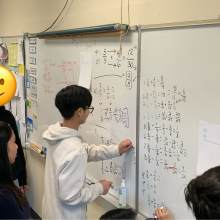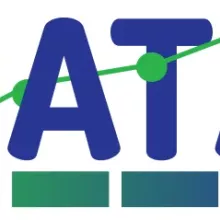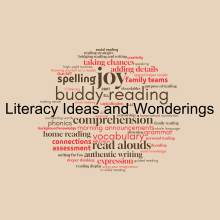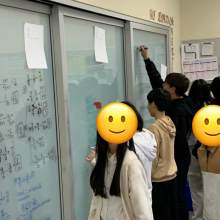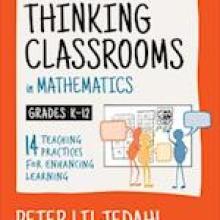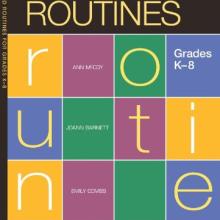This section outlines our school’s key areas of focus. It reflects our commitment to continuous improvement and responds to the evolving needs of our students. Whether centered on student engagement, social-emotional well-being, or academic growth, our focus guides our learning journey and informs the strategies we implement throughout the year.
School Learning Story
Our school's learning story demonstrates how our school community is working to improve learning and well-being for students. This ongoing commitment is driven by a continuous focus on enhancing student achievement and enriching students’ experiences at school. Our efforts are guided by district’s strategic plan and the Ministry of Education and Child Care’s Framework for Enhancing Student Learning policy. This is our collective learning journey, and reflects our shared commitment to growth, collaboration and continuous improvement in support of student success.
Our Focus
2025-2026 Focus
Our Focus Archive
Our Evidence
Here, we present the data and observations that shape our understanding of student learning and well-being. Through assessments, classroom observations, and staff reflections, we gather meaningful insights that help us track progress, and ensure that our approaches are making a difference for students.
Pagination
Our Actions
This section highlights the concrete steps we take to support our school’s learning goals. From instructional strategies to school-wide initiatives, we document the ways we put our focus into practice. By fostering a collaborative approach, we ensure that our actions lead to meaningful improvements in student success and well-being.
